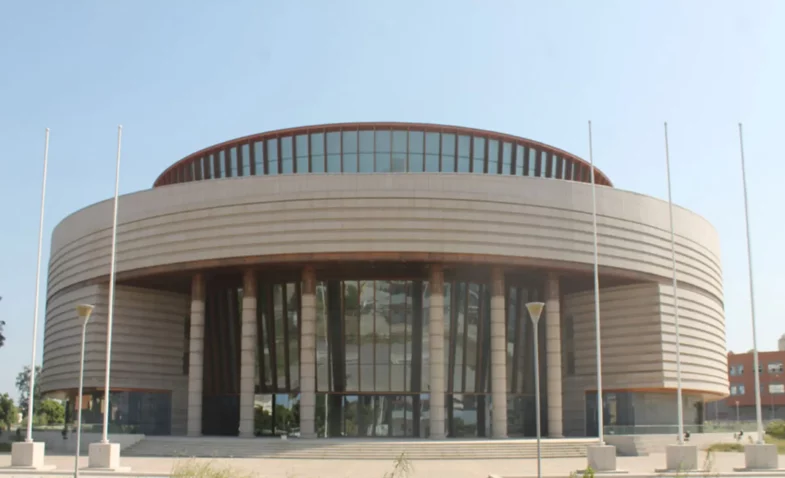The three-day conference, which was planned in September of last year was intended to serve as the cornerstone of a network spanning both continents.

A declaration made at a conference held at the Museum of Black Civilizations in Dakar, Senegal, last week stated that museum directors from 38 countries in Africa and Europe agreed to “build a common future” and strengthen cooperation, including joint travelling exhibitions.
Sixty museum directors from ten European nations, including Belgium, France, Germany, and the UK, as well as 28 African nations (including Burkina Faso, Cameroon, Ethiopia, Mali, Nigeria, and Uganda) made a commitment to “mobilise our efforts to document, preserve, and reinterpret with the communities, collections in Africa and Europe and make them available to the public through digitisation, research, education, and exhibitions.”
The three-day conference, which was planned in September of last year during the opening of the final sections of the Humboldt Forum in Berlin, was intended to serve as the cornerstone of a network spanning both continents.
Restitution, collection digitization, research, education, and exhibitions are among the areas where there will be future collaboration, according to a statement from the Berlin-based Prussian Cultural Heritage Foundation, one of the conference’s organisers.
According to Hamady Bocoum, the director of the Museum of Black Civilizations, “a network was born in Dakar; a forum allowing museums and partners to forge a shared future.” He claims that it was “a significant step forward, but there is still a long and exciting road ahead of us to promote mutual understanding.”
Other backers of the conference were the Dutch Ministry of Education, Culture and Science, the Humboldt Forum Foundation, the Goethe Institute and the Institut Francais in Senegal.
The Museum of Black Civilizations is a national museum in Dakar, Senegal, that opened on 6 December 2018.
It is directed by Hamady Bocoum, an archaeologist and researcher at Cheikh-Anta-Diop University. The museum was conceived with the goal of highlighting “Africa’s contribution to the world’s cultural and scientific patrimony.” According to Bocoum, it is particularly important to remember that “ironworking was discovered in Africa 2500 years before Christ.”
